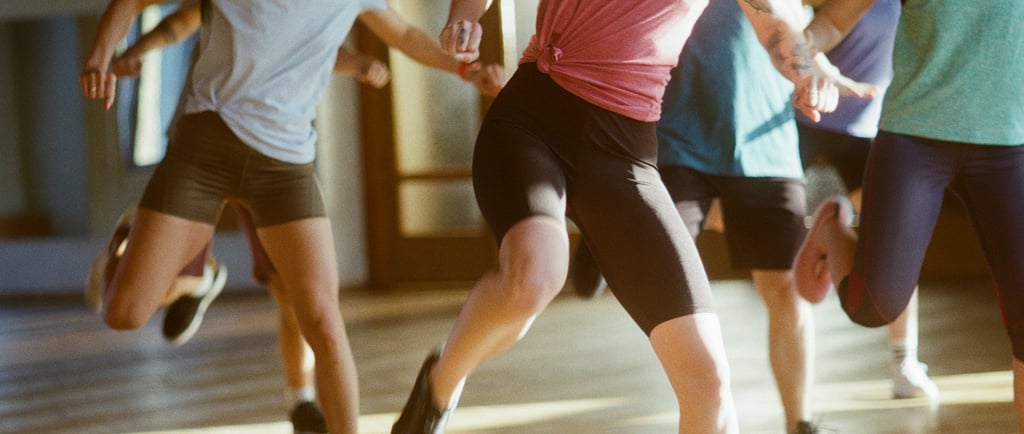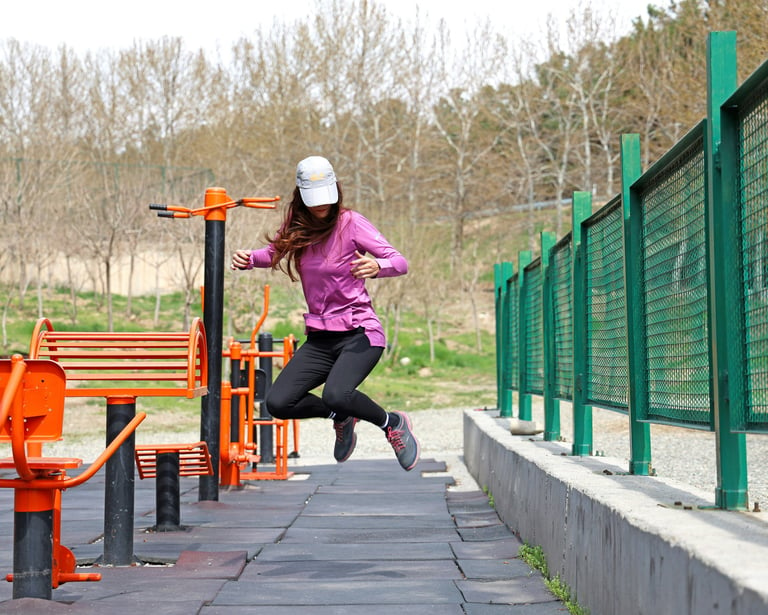Move More, Feel Better: The Real-Life Benefits of Physical Activity
MOVEMENT - EXERCISE - FITNESS
Ms. Sovannara Moch
11/2/20252 min read


Stressed, sitting a lot, and low on energy? Good news: moving your body is one of the simplest ways to feel better fast. You don’t need a gym membership or long workouts. Short bursts of movement count, and they add up.
Below are the big wins you get from regular physical activity—and simple ways to start today.
Why moving matters
· Even short sessions (less than 10 minutes) help your health.
· People who are active most days tend to live longer and feel better day‑to‑day.
· Movement boosts energy, sleep, and helps with weight management.
Body benefits (head‑to‑toe)
Heart & lungs
- A stronger heart pumps blood more easily.
- Better circulation delivers oxygen and nutrients to your whole body.
- Blood pressure and “bad” cholesterol can improve with regular activity.
Muscles & bones
- Stronger muscles support your joints and improve posture.
- Lifting your own body weight (like squats or stair climbing) builds bone density and lowers injury risk.
Digestion & metabolism
- Activity supports a healthy metabolism, which helps manage weight.
- Moving regularly helps keep you “regular.”
Hormones & blood sugar
- Exercise makes your body more sensitive to insulin, helping control blood sugar.
Immune system
- Regular movement can reduce inflammation and help your immune system work better.
Sexual health
- More energy, confidence, and stamina.
- Healthy weight supports fertility and lowers some sexual‑health risks.
Mood benefits (feel-good chemistry)
· Movement can lower stress, anxiety, and symptoms of depression.
· Your brain releases endorphins—those “feel good” chemicals—after you exercise.
· Confidence climbs as you build strength and stick with your plan.
· Working out with friends adds social connection and joy.
Tip: More isn’t always better. Many people feel best with about 45 minutes of activity, 3–5 days a week. Find your sweet spot.
Brain benefits (think sharper)
· Cardio can boost learning, memory, and word‑finding.
· Weight‑bearing leg work (like brisk walking, lunges, or cycling) supports brain and nerve health.
· Being active is linked with a lower risk of dementia and may delay Alzheimer’s symptoms.




How much is “enough”?
· Aim to move most days. Short bouts count—stack them.
· A simple goal: 10–15 minutes, 2–3 times a day (walks, stair breaks, quick strength circuits).
· For mood, many people do well with 45 minutes on 3–5 days weekly. Listen to your body.
Keep it up (so it sticks)
· Pair movement with a daily habit (after breakfast, before shower).
· Track streaks on a calendar; aim for consistency, not perfection.
· Make it social—invite a friend, join a class, or walk while you talk.
· If you miss a day, no drama. Pick it back up at the next chance.
Bottom line: Move in ways you enjoy, most days. Tiny steps count. Over time, you’ll feel stronger, think clearer, sleep better, and handle stress with more ease.
To learn more about my health coaching services, 👉Click to book a free discovery call with me .
